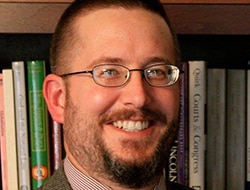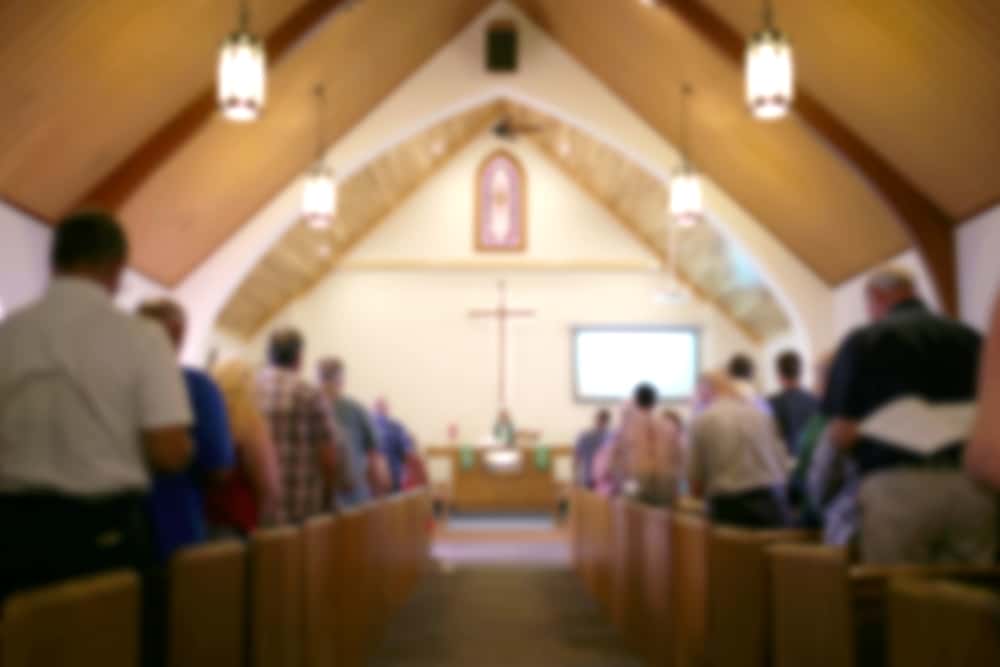
One of the marks of the modern world is that every generation thinks that it stands at the pinnacle of human development. G.K. Chesterton’s “small and arrogant oligarchy of those who merely happen to be walking about” rejects not only generations past but, implicitly, generations yet to come. We can’t see past the limits of our own experience and understanding. We talk constantly of “making a better world for future generations,” without ever considering that future generations will likely look back on us the way that we look back on those who have gone before — many of whom also thought that they were making a better world for us.
Considering that possibility, even for a moment, should give us pause in our relentless renunciation of times past and the benighted folks who lived within them. We are certain that our own intentions are good; in fact, to the extent that we recognize our limitations personally and as a society, we’re even more likely to see ourselves as better than those who came before us. Previous generations, the logic goes, were either blind to their limitations — if they could see them, why didn’t they embrace what we embrace? — or aware of them and fine with them: in other words, bad people.
But our blind spots extend not only to those things for which future generations will criticize us (and they will, because that is the way human history has always unfolded), but to those things which past generations valued that we do not even recognize as goods we have discarded. Wendell Berry, in his afterword to the second edition (1989) of “The Hidden Wound” (his meditation on race relations in the United States), makes a point that should be obvious: The increasing disintegration of true communities has made lasting integration of the races harder, not easier. For us, community has become an abstraction: We use the term most often today to speak of groups of people who may not even know one another but who we presume share a common interest because of some physical attribute (such as skin color) or behavior (such as their preferred form of sexual activity) or enthusiasm (such as video games). Our sense of the concrete reality of community that our ancestors experienced — the common life of a group of people bound together by mutual need in one place over an extended period of time — becomes more attenuated with each passing year.
We still make nods to actual community in our some of our language — community events; community schools; community organizations — but knowing your neighbors in a way that they become an extension of your family and of your household economy seems to most of us today something impossible to do, even if we desired it, which we probably don’t. Recognizing that others once did live that way and desired to do so, and thinking about the reasons why they did, can help open our own eyes to the structures that have replaced the concrete reality of community in our time. And by those structures, I don’t just mean the online “communities” of social media but the centralized cultural, economic and political institutions that treat each resident of Huntington, Indiana, the same as every resident of Hattiesburg, Mississippi, or Bakersfield, California: as a cog in a machine whose purpose is to turn out more cogs, and as human “resources” to be mined for the enrichment of our economic and political elites.
When someone becomes too wrapped up in himself, we urge him to take a step back and try to consider his situation as others see it. As a society, we could benefit from doing the same. If we’re really interested in broadening our horizons and listening to others who are different from ourselves, Grandpa might be able to shed a little light on the blind spots in our own vision.
Scott P. Richert is publisher for OSV.





